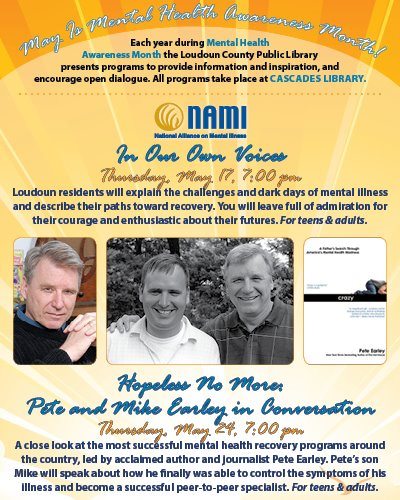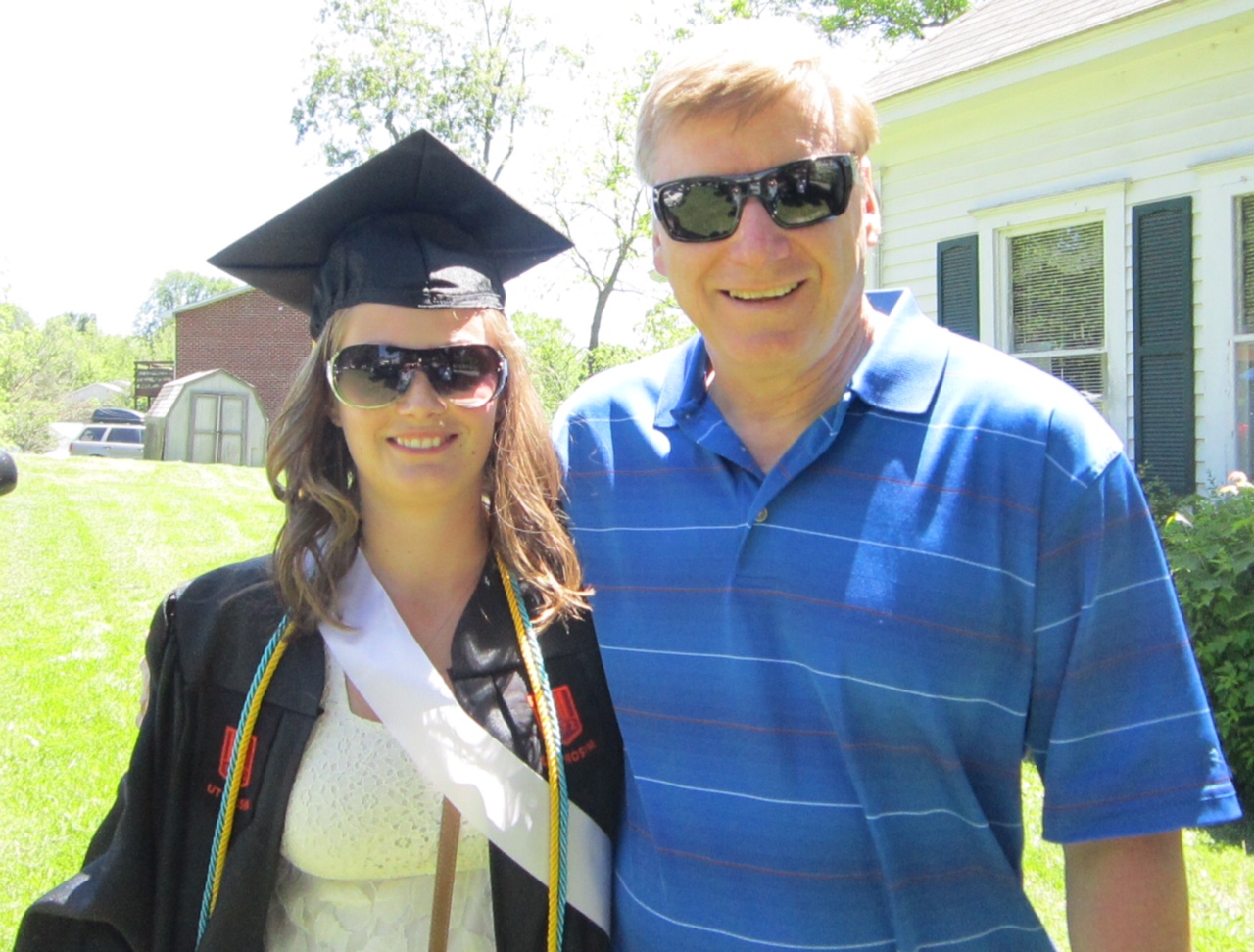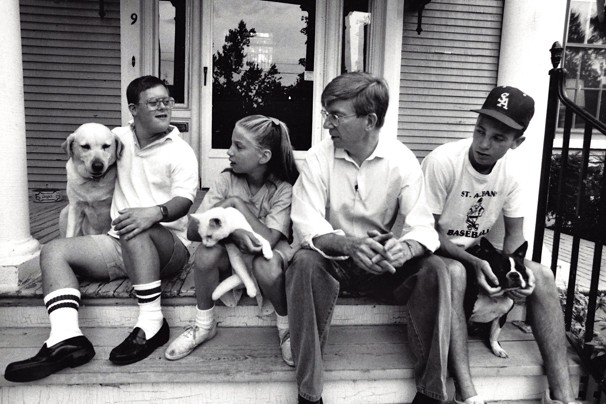
A recent speaking engagement in Denver reminded me of three things.
The first is how we define home. I spent most of my childhood in Colorado and my sister is buried there. Because of that, I feel a strong attachment to the state even though I haven’t lived in Colorado since 1970. For nearly forty years, I’ve been a resident of Northern Virginia. This is where I’ve worked and reared my family. Just the same, I don’t think of myself as being an “Easterner” or, for that matter, a “Virginian.” I remember hearing Vance Packard speak once about our mobile society and how difficult it was to chose a burial plot for a family member. The idea of a family plot in a local cemetery was out-dated because generations no longer spent their lives in one location. During his speech, he asked: “How do we define home?”
The second thought that came to me during my trip was about the importance of jobs in helping persons with severe mental disorders recover. This seems so obvious that writing about it shouldn’t be necessary. But during the past several years that I have spent traveling across our country, I’ve noticed that securing employment for persons who have been diagnosed with mental disorders is rarely a priority.
This is a huge MISTAKE!
It is especially wrong to tell family members or persons with disorders that mental illnesses make it impossible for a person to work. Click to continue…






